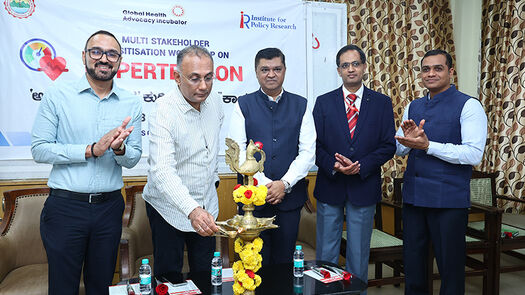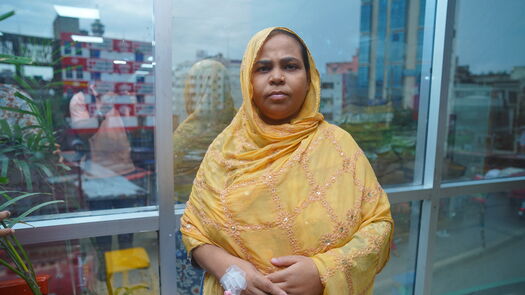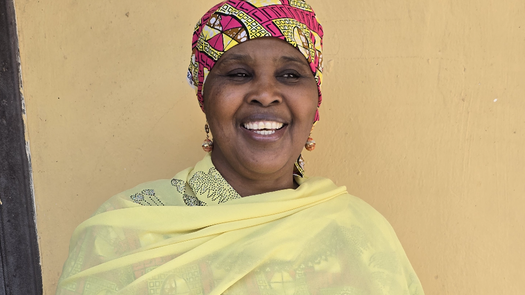November 19, 2025

Due to local government leadership and advocacy support, Kano State in Nigeria has more than doubled its budget allocation for noncommunicable diseases (NCDs), securing N566,748,000 (approximately $380,000) for the 2025-26 fiscal year—a remarkable 200 percent increase from the previous allocation.
This victory represents far more than numbers on a budget sheet. For Kano State's 16 million residents, where over 30 percent of adults suffer from hypertension—often undiagnosed or poorly managed—this funding commitment could be life-saving. The silent epidemic of high blood pressure contributes to devastating rates of stroke, heart disease, kidney failure and premature deaths across the state.
The Global Health Advocacy Incubator (GHAI), working alongside local partner Gammun Centre for Care and Development Nigeria (GCCDN), exemplified how strategic, locally-led advocacy can drive meaningful policy change. Rather than confrontational tactics, the campaign centered on collaborative partnership with government officials, providing compelling evidence of the economic costs of inaction and long-term benefits of prevention.
GHAI's In-Country Coordinator Abdullahi Hamza Hassan led a year-round engagement strategy that went far beyond traditional budget cycles. The team provided continuous technical support, cost-benefit analyses and local data that resonated with decision-makers who needed to understand both the population impact and financial implications of noncommunicable diseases.
What made this campaign particularly effective was its focus on empowering internal champions within the Ministry of Health, Budget and Planning Commission and Kano State House of Assembly. By ensuring government officials drove the process from the beginning, the advocacy created sustainable commitment that can survive political transitions.
Dr. Abubakar Hamza, Kano State's noncommunicable Disease Coordinator, described the collaboration as "revolutionary in our battle against noncommunicable diseases," highlighting how the partnership enhanced access to domestic resources and strengthened the overall health system.
The Kano State success demonstrates that sustained, evidence-based advocacy can unlock domestic health funding even in resource-constrained settings. The approach offers valuable lessons for advocates worldwide: prioritize data-driven engagement, maintain year-round relationships with policymakers, work as partners rather than critics, and always ensure government ownership of solutions.
This historic funding will strengthen primary health care platforms across Kano's 1,324 primary healthcare centers, providing integrated NCD services including training, tools, and medications for multiple diseases and conditions.
Read the full case study here.



